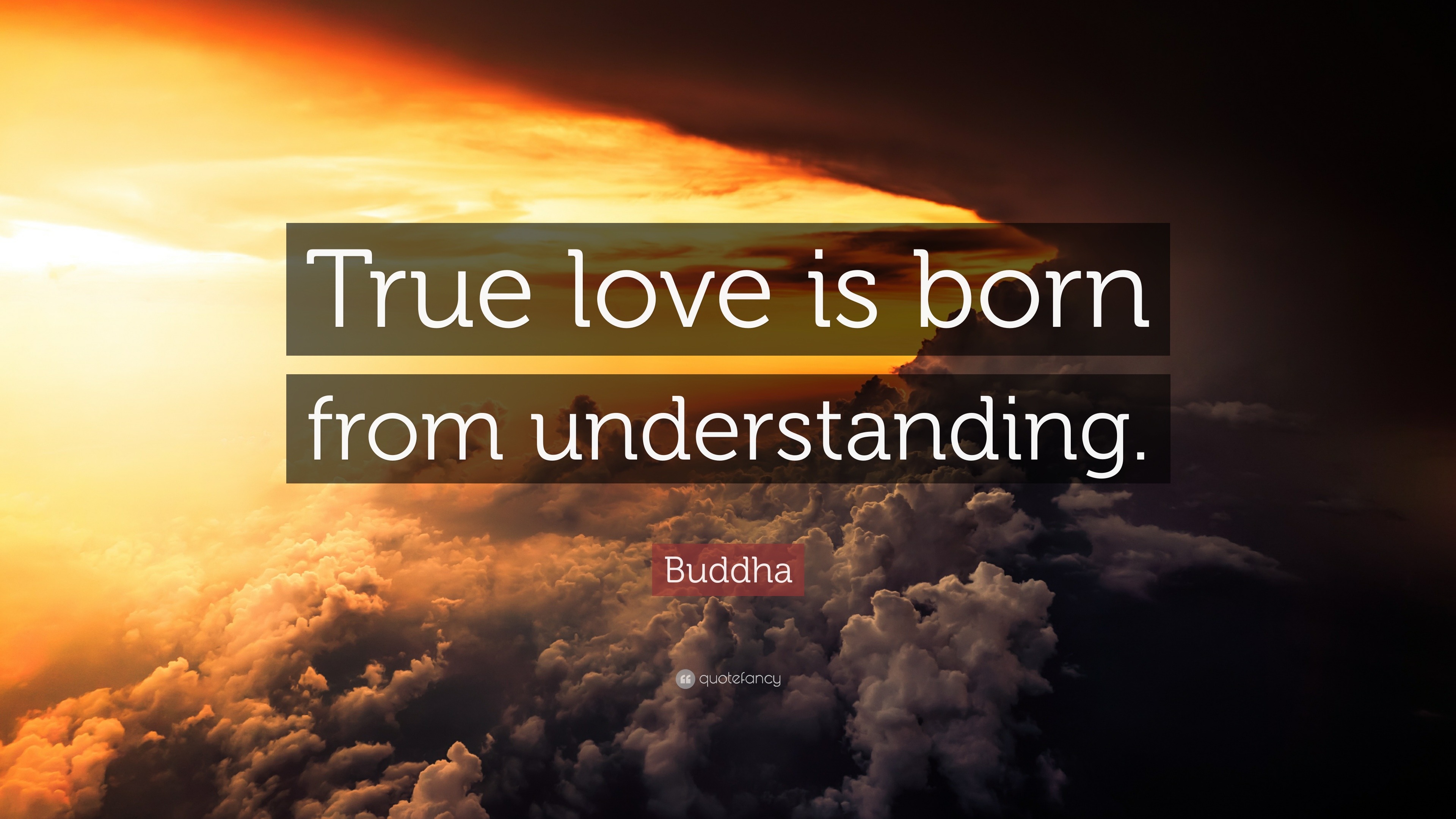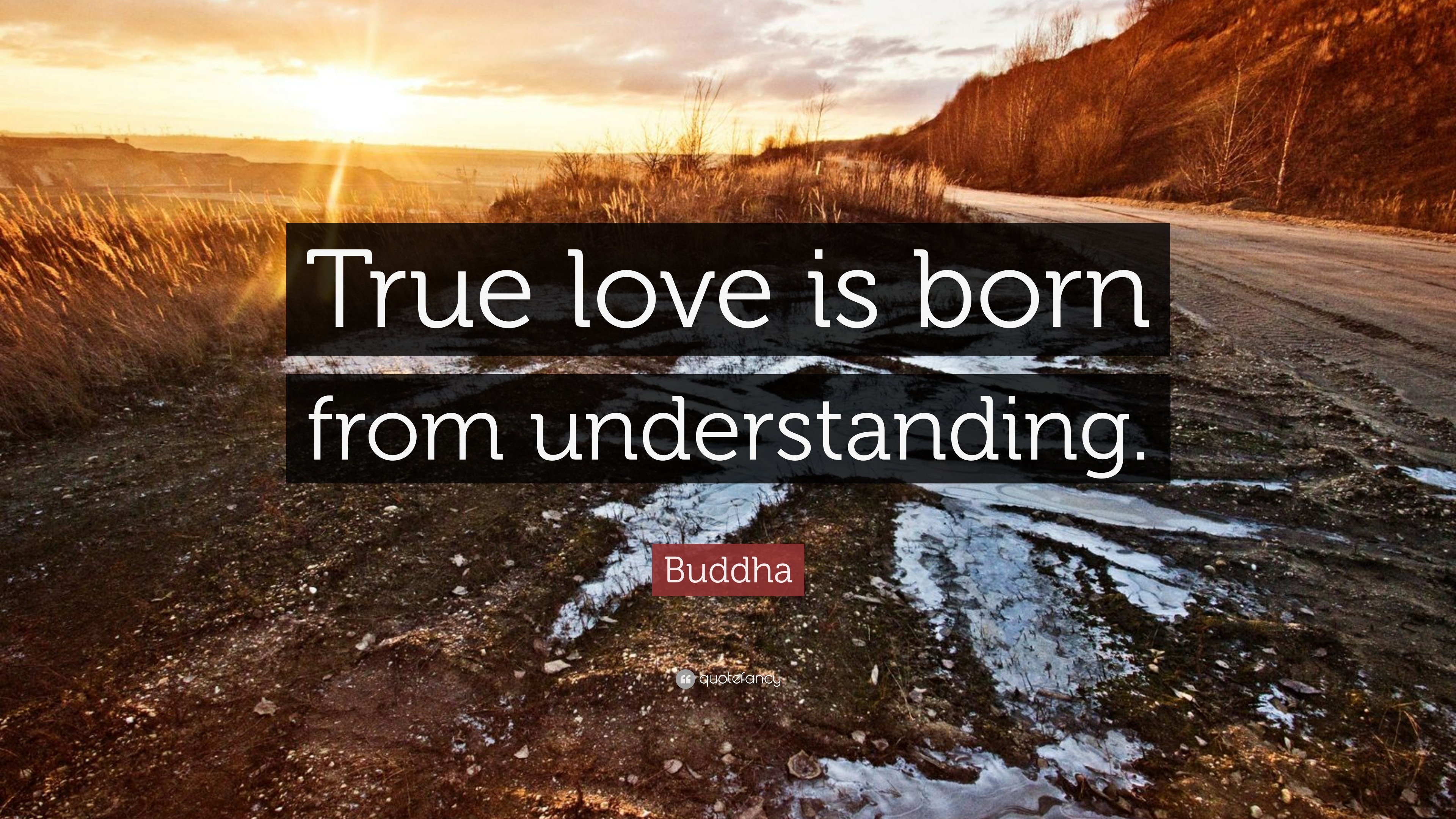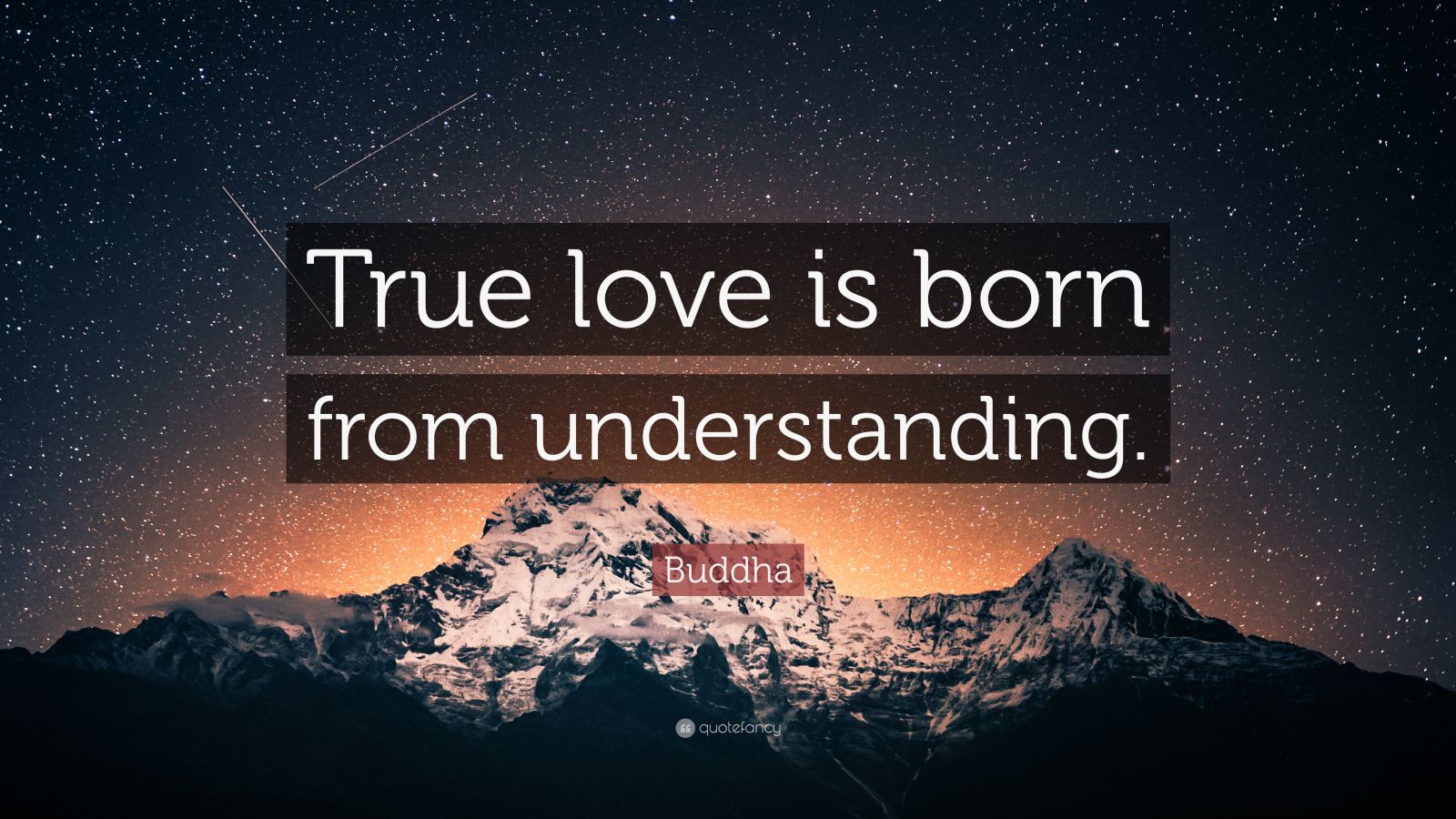True love is like a treasure hunt. You stumble, you fall, but when you find it, it feels like the universe has finally aligned. It’s not just about hearts and flowers; it’s about understanding, growth, and embracing the journey. If you’re searching for inspiration to unlock the secrets of love, you’ve landed in the right place. Love is more than just a feeling; it’s a state of mind, a journey, and a way of life. Let’s dive deep into what it means to truly embrace love in all its forms.
When we talk about love, we’re not just referring to the romantic version that Hollywood movies glorify. Love is a complex emotion that touches every aspect of our lives. It’s the bond between family members, the connection with friends, and even the kindness we show strangers. But let’s be real, understanding love can sometimes feel like trying to solve a puzzle with missing pieces. That’s why this article is here—to guide you through the maze of emotions and help you discover what true love really means.
We all want to inspire and be inspired. And when it comes to love, inspiration is the key to unlocking deeper connections. Whether you’re looking to strengthen your relationship, find love for the first time, or simply understand yourself better, this journey is all about growth. So, grab a cup of coffee, sit back, and let’s explore the world of love together.
Read also:Bg3 Quicksave Failed 804 Causes Solutions And Prevention Tips
Table of Contents
- Biography of Love: What It Really Is
- Understanding Love: The Science and Psychology
- Types of Love: More Than Just Romance
- Challenges in Love: Overcoming Obstacles
- Self-Love: The Foundation of True Love
- Communication: The Key to Lasting Love
- Trust: Building a Strong Foundation
- Growth: Evolving Together
- Empathy: Seeing Through Another’s Eyes
- Conclusion: Embrace the Journey of Love
Biography of Love: What It Really Is
Love has been around since the dawn of humanity. It’s a universal language that transcends borders, cultures, and time. But what exactly is love? At its core, love is an emotional connection that binds people together. It’s the feeling that makes us want to protect, care for, and support someone else. And while it’s often associated with romance, love takes many forms.
Here’s a quick snapshot of what love looks like:
- Romantic love: The heart-pounding, butterflies-in-your-stomach kind of love.
- Familial love: The unconditional bond between family members.
- Friendly love: The trust and camaraderie shared between friends.
- Self-love: The most important kind of love—it starts with you.
What Makes Love So Powerful?
Love has the power to heal, transform, and inspire. It’s the driving force behind many of life’s greatest achievements. Think about it—most people do their best work when they’re motivated by love. Whether it’s love for a family member, a partner, or even a cause, this emotion fuels our actions and shapes our lives.
Understanding Love: The Science and Psychology
If you’ve ever wondered why love feels so intense, there’s actually a scientific explanation. When we fall in love, our brains release a cocktail of chemicals like dopamine, oxytocin, and serotonin. These chemicals create feelings of pleasure, attachment, and happiness. But love isn’t just about biology—it’s also deeply psychological.
Psychologists have studied love for decades, and they’ve identified different types of love based on attachment styles, personality traits, and cultural influences. Understanding the science behind love can help us navigate our relationships more effectively.
Key Findings from Research
Studies show that love can have a profound impact on our mental and physical health. People in loving relationships tend to live longer, experience less stress, and have stronger immune systems. So, if you’re looking for a reason to prioritize love, here it is—it’s good for you!
Read also:Yara Shahidi Religion A Deep Dive Into Her Faith And Its Influence On Her Life
Types of Love: More Than Just Romance
Romantic love gets all the attention, but there are many other types of love that are just as important. Each type of love plays a unique role in our lives, and understanding them can help us build stronger connections with the people around us.
Here Are Some Common Types of Love:
- Eros: Romantic love characterized by passion and desire.
- Philia: Friendship love based on trust and loyalty.
- Storge: Familial love rooted in familiarity and obligation.
- Agape: Unconditional love that transcends personal gain.
Each type of love brings its own set of challenges and rewards. By recognizing and appreciating these differences, we can cultivate healthier relationships.
Challenges in Love: Overcoming Obstacles
No relationship is perfect, and love often comes with its fair share of challenges. From misunderstandings to trust issues, there are plenty of obstacles that can get in the way of a healthy relationship. But the good news is that these challenges can also be opportunities for growth.
Common Challenges in Love
- Communication breakdowns
- Trust issues
- Different expectations
- External pressures
Overcoming these challenges requires patience, empathy, and a willingness to work together. It’s not always easy, but the effort is worth it when you’re able to strengthen your bond.
Self-Love: The Foundation of True Love
Before you can truly love someone else, you need to love yourself first. Self-love is the foundation of all healthy relationships. It’s about accepting who you are, flaws and all, and treating yourself with kindness and respect.
How to Practice Self-Love
- Set boundaries and respect your needs.
- Practice self-care regularly.
- Challenge negative self-talk.
- Celebrate your achievements, no matter how small.
When you love yourself, you’re better equipped to handle life’s challenges and build meaningful connections with others.
Communication: The Key to Lasting Love
Communication is the backbone of any successful relationship. It’s how we express our needs, share our feelings, and resolve conflicts. Without effective communication, even the strongest relationships can falter.
Tips for Better Communication
- Listen actively and without judgment.
- Use “I” statements to express your feelings.
- Be open to feedback and willing to compromise.
- Practice empathy and try to see things from the other person’s perspective.
Good communication takes practice, but it’s essential for building trust and understanding in any relationship.
Trust: Building a Strong Foundation
Trust is the glue that holds relationships together. Without trust, even the strongest love can crumble. Building trust takes time, effort, and consistency, but it’s worth it in the end.
Ways to Build Trust
- Be honest and transparent in your actions and words.
- Follow through on your promises.
- Respect each other’s boundaries.
- Forgive and let go of past mistakes.
Trust is not something that can be forced—it has to be earned. But once you’ve built a solid foundation of trust, your relationship will be stronger than ever.
Growth: Evolving Together
Love is not static—it’s a dynamic force that evolves over time. As we grow and change, so do our relationships. Embracing this growth is essential for maintaining a healthy and fulfilling partnership.
How to Grow Together
- Set shared goals and work towards them together.
- Support each other’s individual growth and aspirations.
- Be open to change and adapt to new circumstances.
- Celebrate milestones and achievements as a team.
Growth can be challenging, but it’s also incredibly rewarding. When you and your partner grow together, you create a bond that’s unshakable.
Empathy: Seeing Through Another’s Eyes
Empathy is the ability to understand and share the feelings of another person. It’s a crucial component of any successful relationship. When we practice empathy, we create a safe space for our loved ones to express themselves and feel heard.
Ways to Practice Empathy
- Listen without interrupting or judging.
- Put yourself in the other person’s shoes.
- Validate their feelings, even if you don’t agree.
- Offer support and comfort when they’re struggling.
Empathy strengthens relationships by fostering deeper connections and understanding. It’s a skill that can be developed with practice, and it’s worth the effort.
Conclusion: Embrace the Journey of Love
Love is a journey, not a destination. It’s about growth, understanding, and embracing the ups and downs that come with it. Whether you’re in a romantic relationship, building stronger connections with friends and family, or working on self-love, the key is to stay open, curious, and committed.
So, what’s your next step on this journey? Will you work on improving your communication skills, building trust, or practicing empathy? Whatever it is, remember that love is worth the effort. And if you’ve been inspired by this article, don’t forget to share it with someone you care about. Let’s spread the love and inspire others to embrace this incredible journey.
Thanks for reading, and remember—love is all around us if we take the time to look for it!


